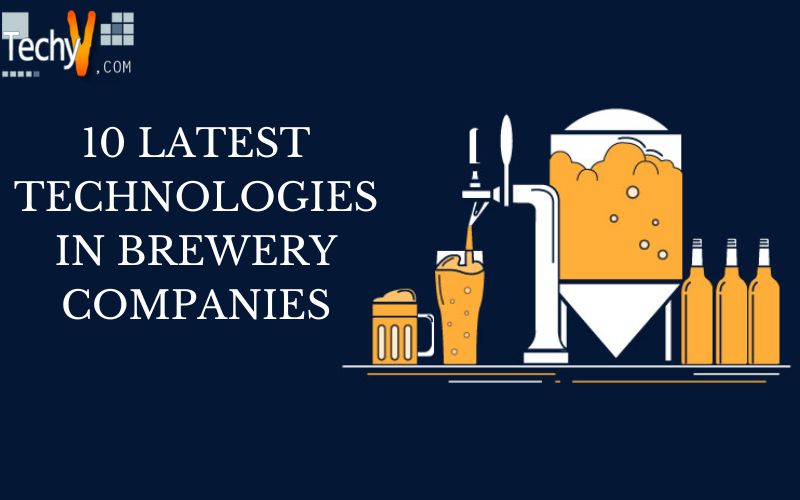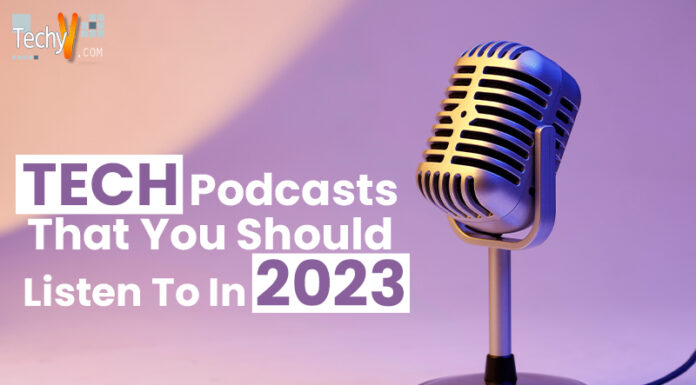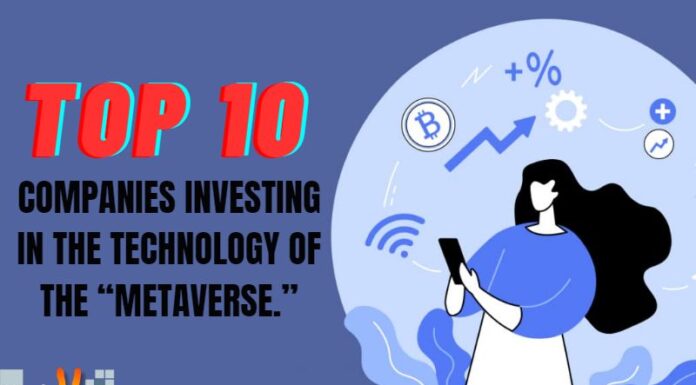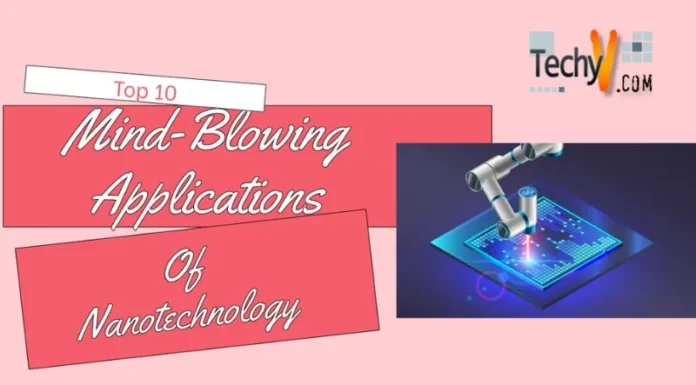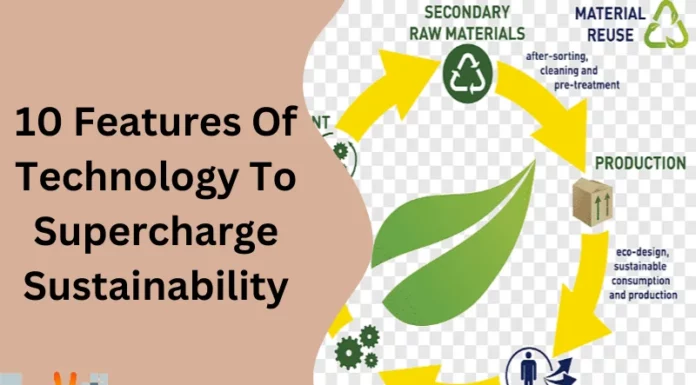The latest developments in beverage technology are primarily concerned with enhancing sustainability to meet growing worries about climate change. The beverage industry is also embracing Industry 4.0 technologies, including robotics, big data, advanced analytics, the Internet of Things (IoT), and Artificial Intelligence (AI). These innovations raise the productivity of the entire beverage production process, from product procurement and manufacturing to distribution and sales.
1. Sustainability
Concerns about climate change and global warming push businesses and consumers to adopt sustainability. Sparkling water made from fruits is offered by the US-based firm WAJU. The business recycles the water used during the dehydration process of preparing fruit. The company blends this water with other organic fruit ingredients devoid of antibiotics and genetically modified organisms (GMOs) to create its drinks.

2. Robotics
Robotics is being more quickly integrated into beverage production lines and customer-facing services because of AI and data analytics developments. On the manufacturing side, various solutions are available for managing and protecting vineyards, managing inventories, packaging, and automating distilleries. Robotic beverage dispenser kiosks are a product of the US-based startup RoboJuice.

3. Internet Of Things
Manufacturers of beverages can now create a connected ecosystem from sourcing to distribution, thanks to the digitization of industrial processes. In addition, the speed of IoT integration into the beverage industry is being accelerated by the demand for better food safety regulations and transparency. As a result, businesses can increase operational effectiveness and continuously track manufacturing processes. The IoT-based Enjoy Self-Service system is created by the Brazilian startup Enjoy to enable self-service at beer stations.
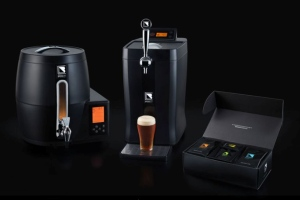
4. Artificial Intelligence
Artificial intelligence (AI) systems gather information about manufacturing processes’ functions and produce valuable operational insights. To streamline the plans and execution of products, operations, and marketing, startups apply AI algorithms to sales and customer data.

5. Smart Warehousing
Beverage makers may boost productivity while reducing labor and waste expenses by automating various warehousing processes. An efficient material handling system that prevents damage or loss is ensured by smart warehousing. Along with automated flow management and bottling solutions, voice-controlled warehouse operations and the usage of automated guided vehicles (AGVs) for product handling are becoming more popular.
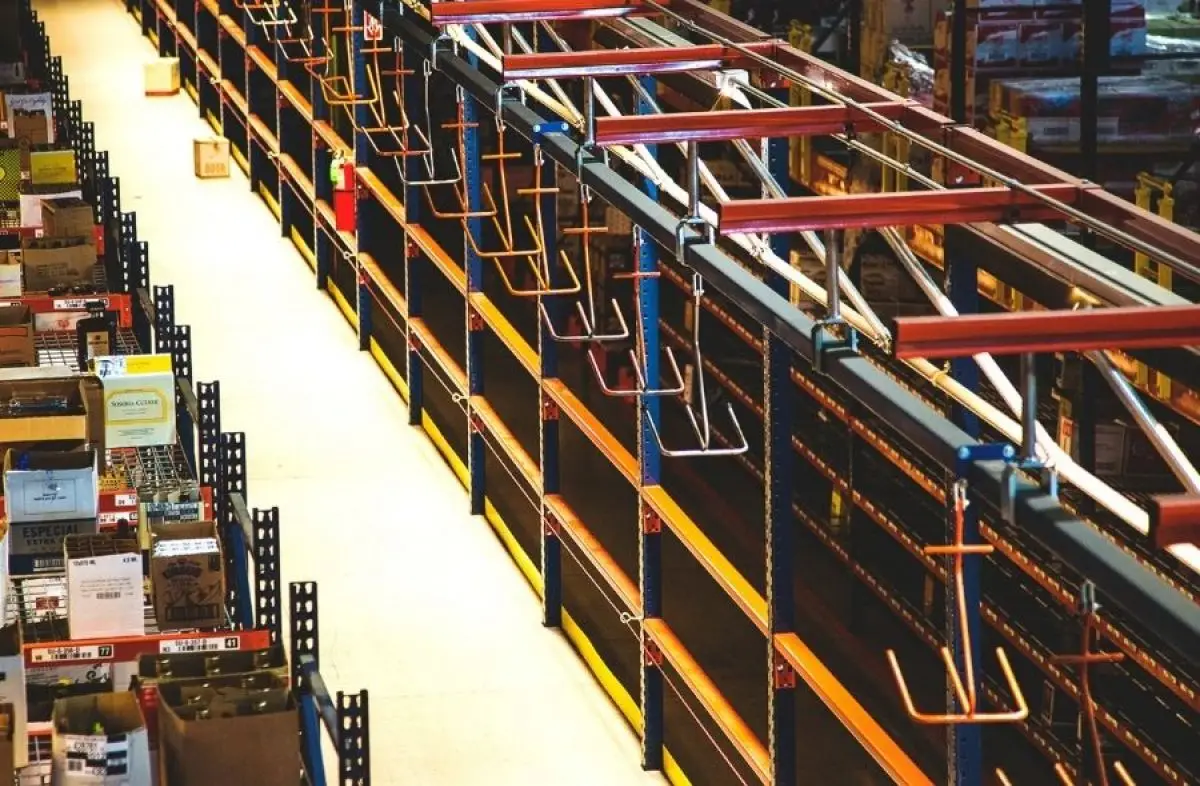
6. eCommerce
Beverage companies are being encouraged to sell their products online by the growth of social media and online food aggregation platforms. It enables direct consumer contacts and firms to create targeted marketing efforts to boost sales.
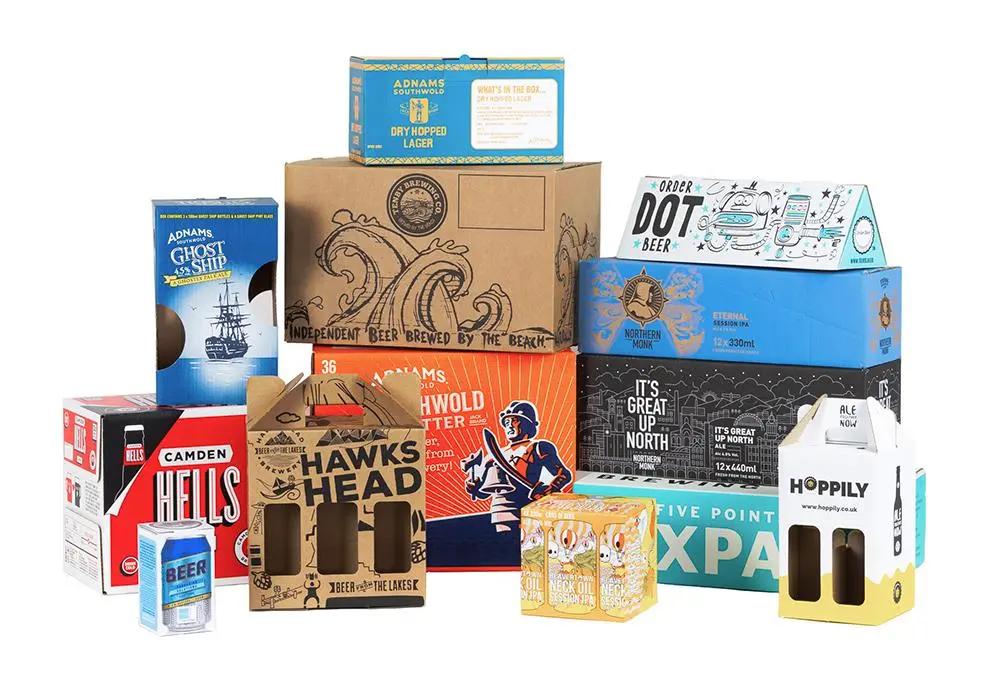
7. Immersive Reality
Virtual and augmented reality are incredibly effective at improving customer connections. Startups provide solutions for the immersive reality that includes immersive customer interaction in product packaging to make them easier to use in the beverage industry. A French firm called SmartBottle offers augmented reality (AR) smartphone applications for wine and spirit brands. The company’s apps let customers add their preferred digital material to preexisting labels, such as videos, comments, and awards.
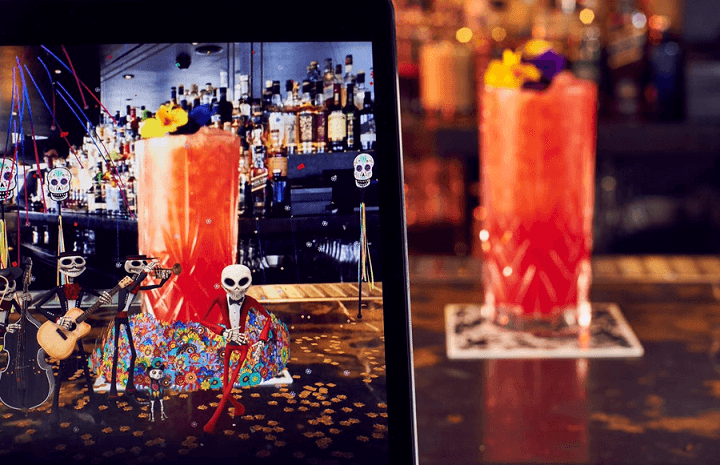
8. Modern Beverage Manufacturing
Companies today place a strong emphasis on enhancing manufacturing procedures in addition to optimizing other industry activities. For example, many winemakers are converting to underwater aging since it offers constant temperatures, optimum low light, and high pressures without requiring energy inputs. Beverage producers are more effectively concentrating beverages like beer and coffee because of developments in forward osmosis.
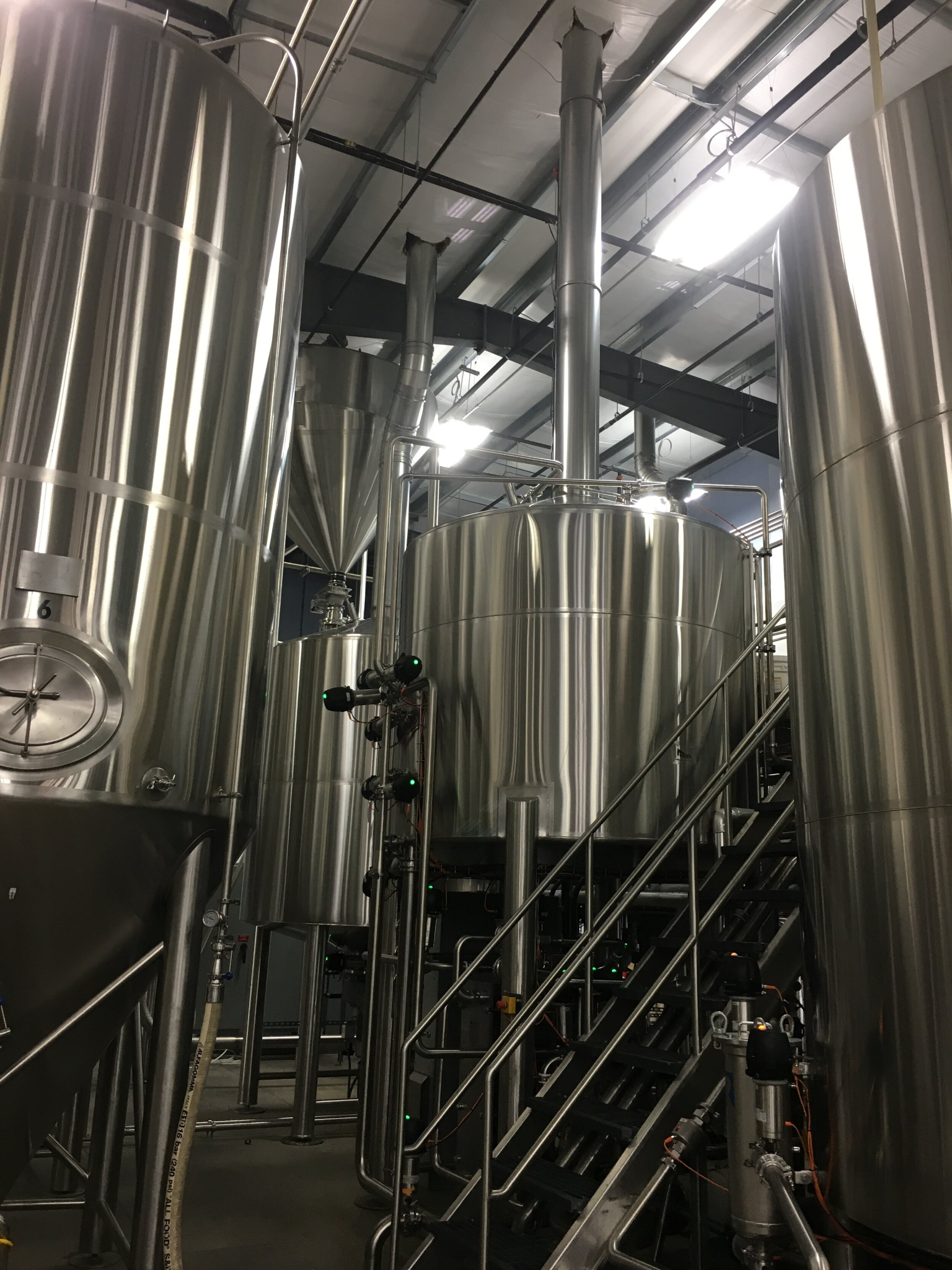
9. Big Data & Analytics
Through visual material and surveys on social media, users create interactions with beverage brands and gather data points in each stage. The beverage business uses big data analytics to make sense of this customer data. A software-as-a-service (SaaS) platform for collecting data on beverage distribution is provided by the US-based startup POURED.
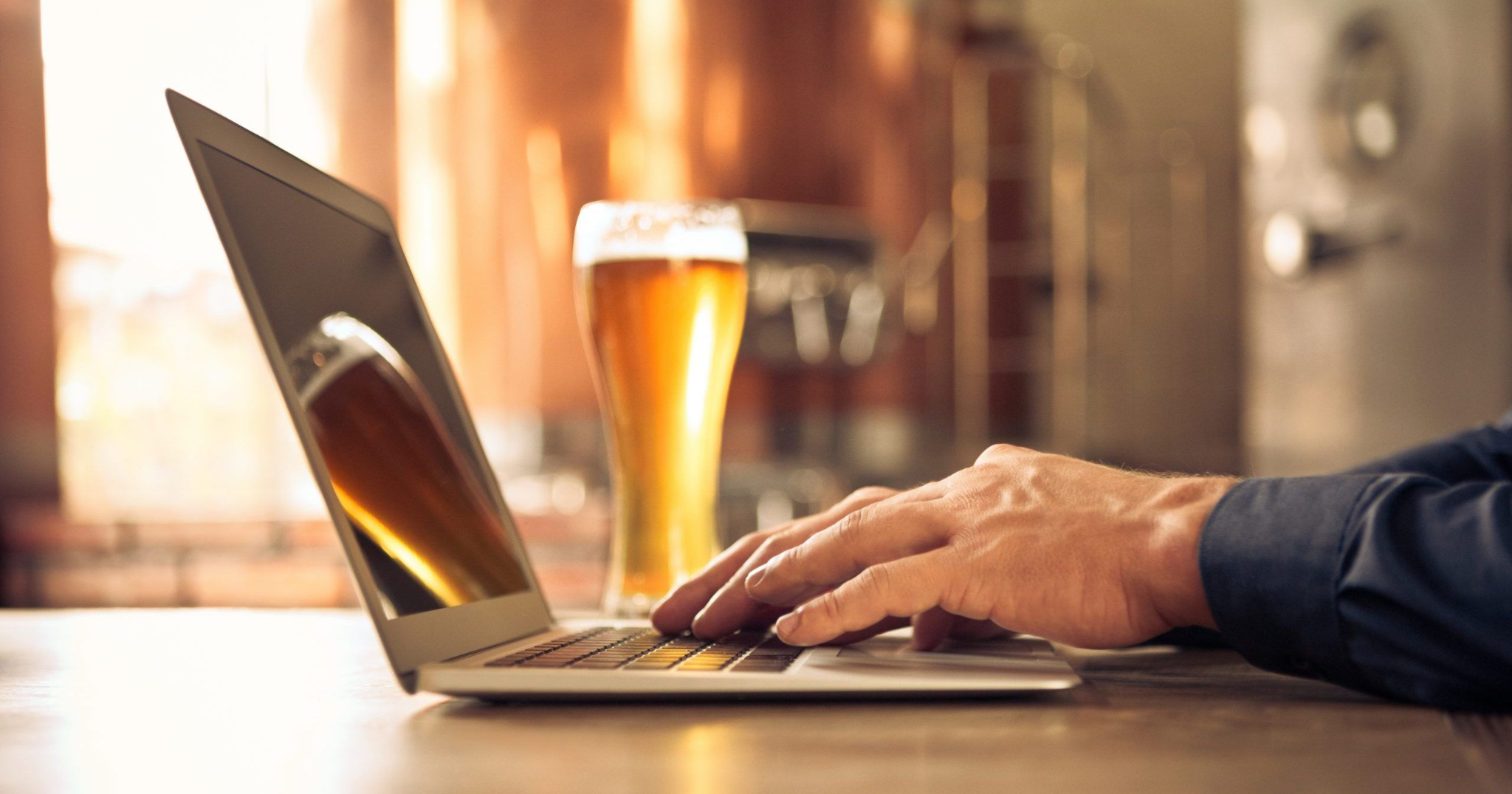
10. Blockchain
Blockchain-based solutions improve food safety and traceability in the beverage industry. The system offers unchangeable data on goods being stored or transported, enabling brands to monitor their inventory and spot fakes continuously. Swiss firm Authena creates an NFC-based brand authentication system. The startup uses blockchain, tamper-evident tags, and digital seals to facilitate traceability.




